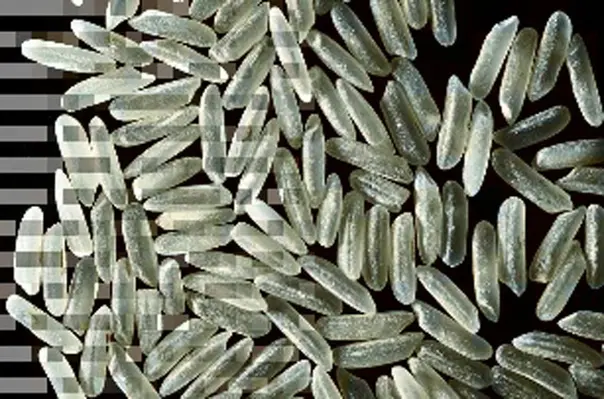Drying and storage conditions applied to coffee and cocoa commodity ‘chains’ are essential in maintaining the long term integrity of these crops
Agriculture
Philippines exports fancy rice to global markets

The total value of the rice exports by Philippines has been estimated to be US$100,000. (Image source: IRRI Images/Flickr)
The Philippines has exported 50,000kg of fancy rice to Hong Kong and Dubai in April, and preparing to export another 50,000kg to the US between July and August this year
Asian bank and Japan design crop insurance system for Bangladesh farmers
The Asian Development Bank (ADB) and Japan have undertaken a project to develop a new crop insurance system for small farmers in Bangladesh who often lose crops to natural calamities
Better wheat variety possible with genetic code mapping
A team of Chinese and US scientists have mapped out the genetic code of wheat which will help farmers across the globe to grow much better varieties of the crop soon
Philippines and Cambodia sign rice supply deal
The Philippines has signed a rice supply agreement with Cambodia that has added Cambodia to a list of leading suppliers of the grain globally



